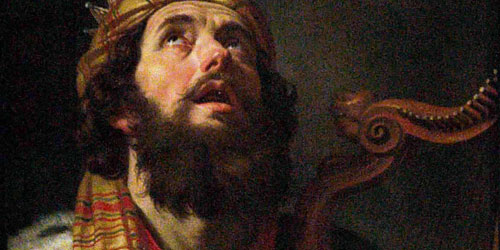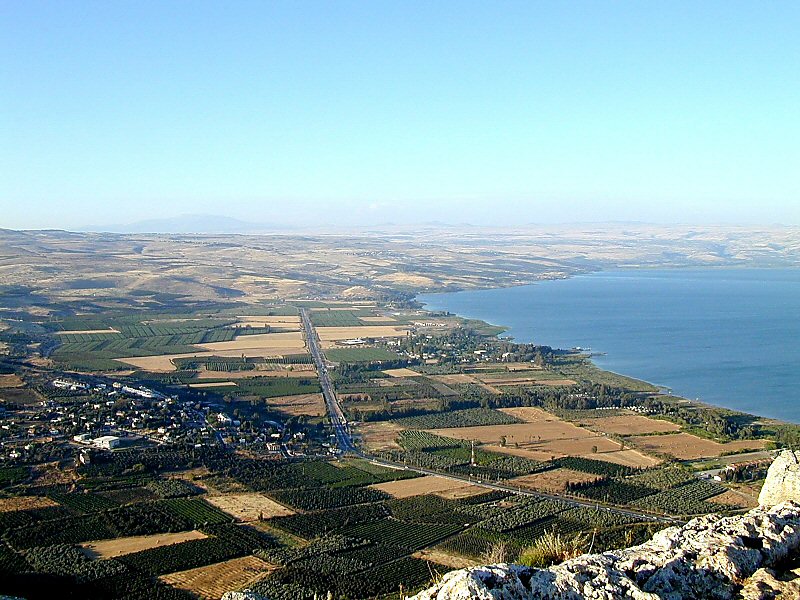How hard would it be for a speaker of modern Hebrew to understand someone speaking Biblical Hebrew? If King David returned, would he be able to understand the president of the State of Israel, and would the president be able to understand him? Would Jesus be able to communicate with modern Israelis?
Gospel Postcard: Kefar Naḥum (Capernaum), the Village of Nahum
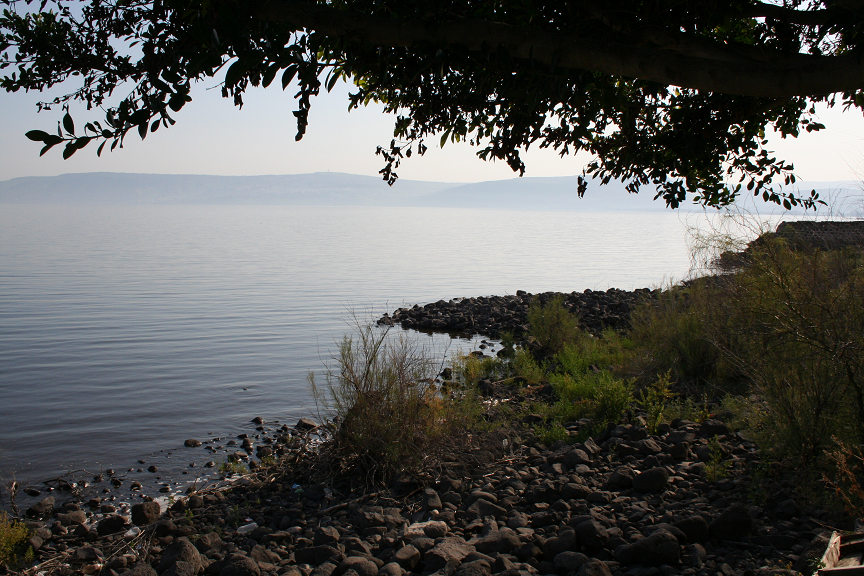
Jesus’ move from Nazareth to Capernaum was a tremendous change—from a little farm village hidden up in the hills, to a bustling lakeside fishing port.
Gospel Postcard: The Sea of Galilee’s Beauty

Jesus spent much of his ministry in the vicinity of the Sea of Galilee. It was to the residents of the towns and villages bordering the lake that Jesus first preached, and he called his disciples from among the lake’s fishermen.
Views of the Jerusalem School of Synoptic Research

Underlying the research of the Jerusalem School is the hypothesis that the original biography of Jesus was written in Hebrew.
A Life on the Kinneret
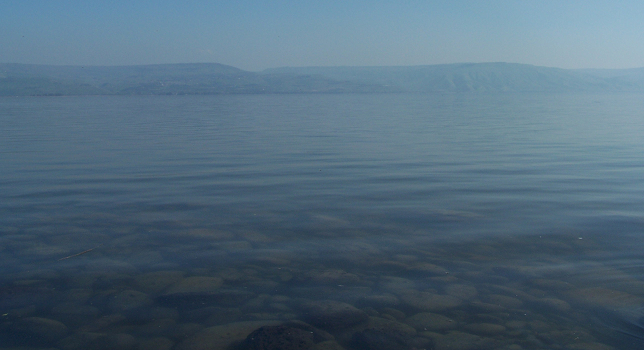
Born into a Zionist family in Latvia, Nun began to learn Hebrew at five, and decided to immigrate to Palestine as a teenager.
The Sea of Galilee

According to the Gospels, Jesus’ earthly ministry centered around the Sea of Galilee. While important events occurred in Jerusalem, the Lord spent most of the three years of his ministry along the shore of this freshwater lake.
Sidebar: Synagogue Guest House for First-century Pilgrims
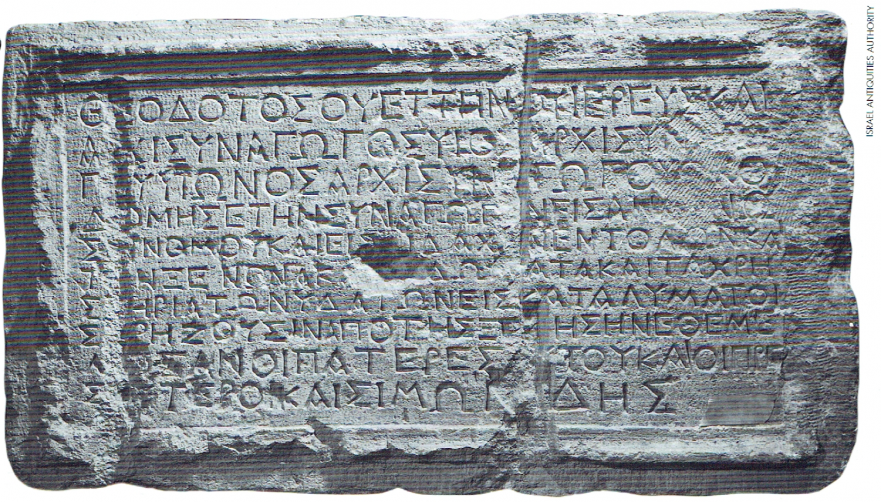
This Greek inscription provides evidence of the accommodations that were provided in Jerusalem for pilgrims.
Book Review: David Flusser’s Personal Perspective on Brad Young’s Jesus and His Jewish Parables
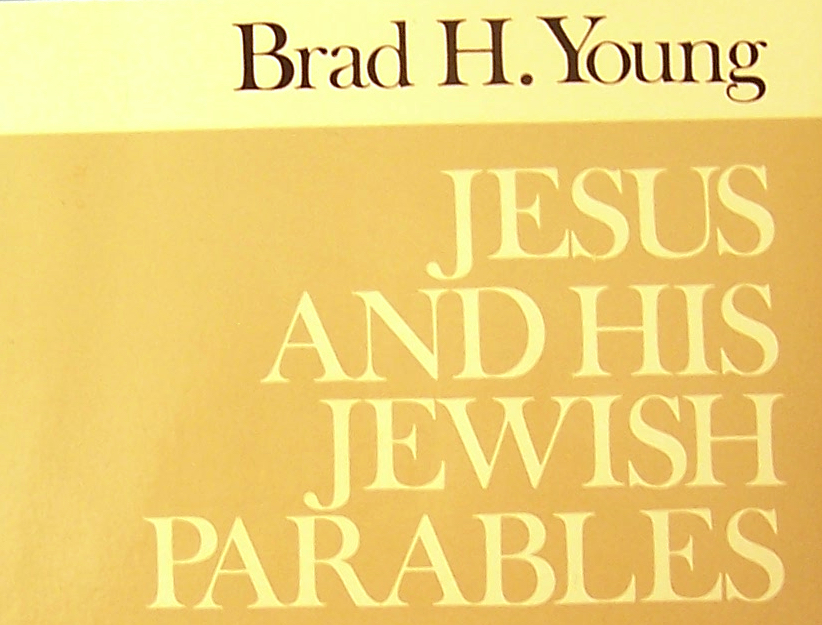
Anyone who wants to be a good worker in the field of Jesus’ parables should begin by studying Brad Young’s Jesus and His Jewish Parables.
Scholarly Assumptions about the Historical Jesus
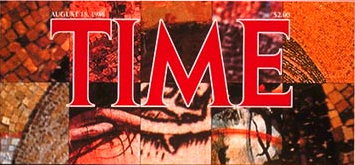
Many scholars today feel that it is impossible to know what the historical Jesus really said.
Who Was Jesus?

TIME magazine’s August 15, 1988 issue presented a sad picture of the current state of scholarly knowledge. After 200 years of “scientific” investigation into New Testament records of the life of Jesus, scholars are more divided than ever as to who Jesus was and who he thought he was. Even sadder, the Herculean efforts of generations of scholars have brought Jesus no nearer to the ordinary believer.
Gospel Translation
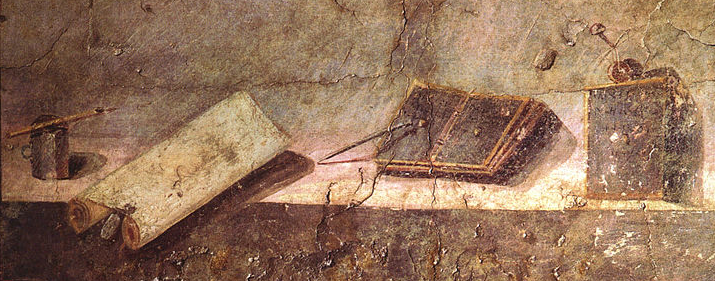
Hebrew words usually have many shades of meaning, and the Greek translator of the conjectured Hebrew “Life of Jesus” could convey only one sense of each Hebrew word’s meaning. When the standard Greek translation of a Hebrew word became fixed, Greek translators often employed this standard translation even when the Hebrew word it translated appeared with an obviously different meaning.

